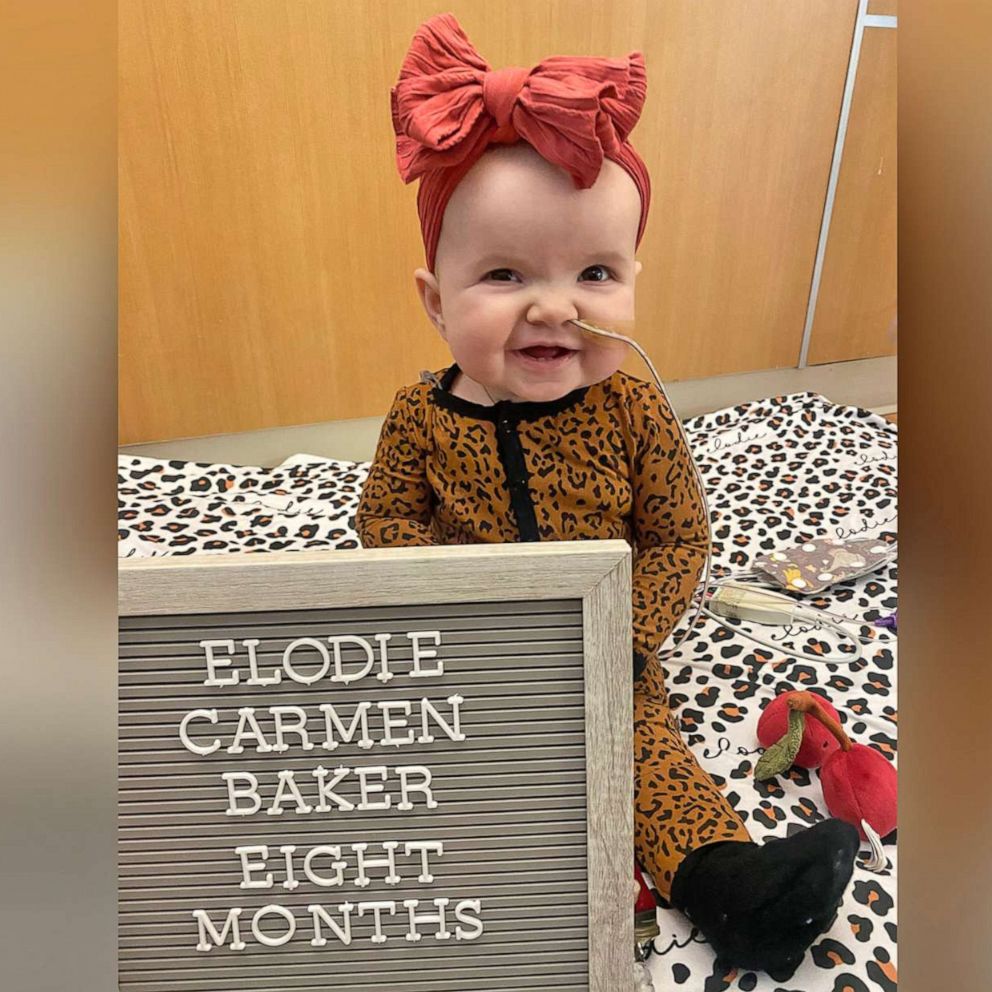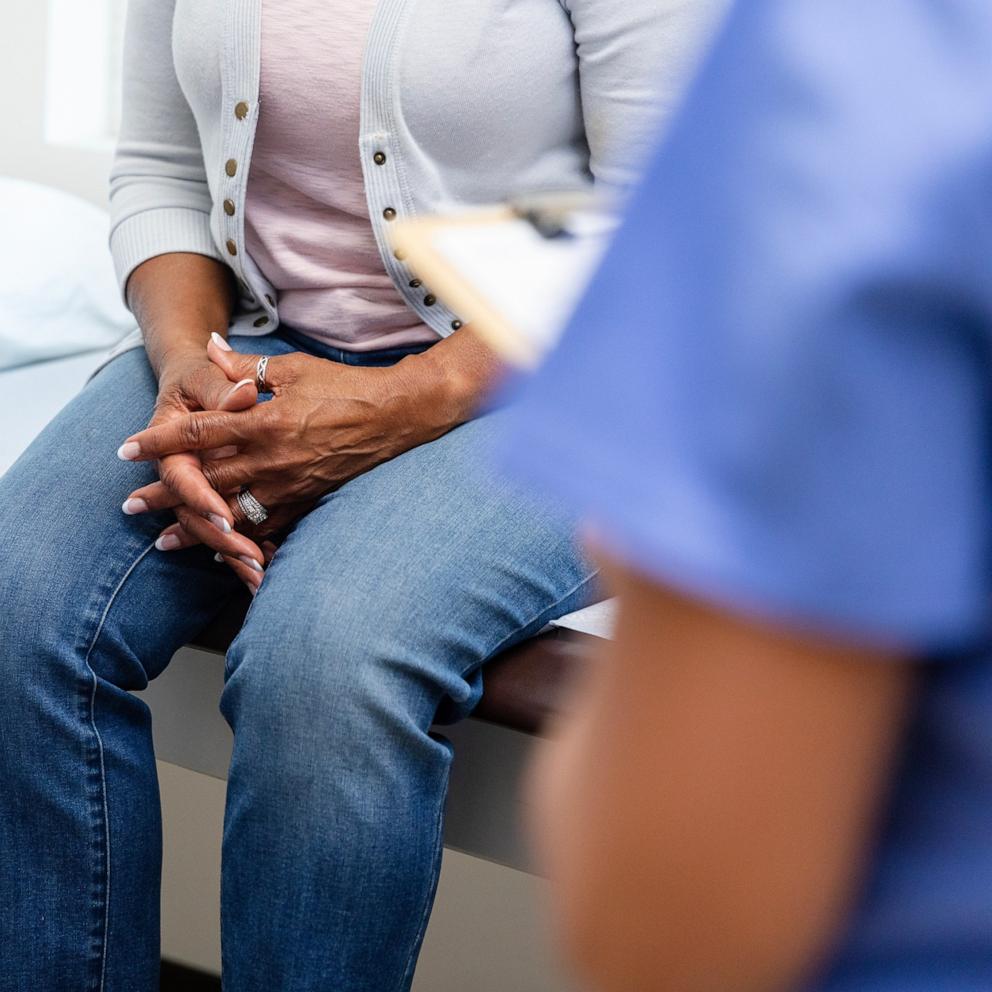Baby boy thriving 1 year after ‘world’s first partial heart transplant’
Doctors from Duke Health have reported a medical breakthrough in which an infant that underwent what they say is the "world's first partial heart transplant" has not only survived but is thriving, one year following the groundbreaking treatment, according to a new study published in the Journal of the American Medical Association.
Owen Monroe was born with a heart defect and needed his heart valves and arteries to be fixed. The boy underwent a first-of-its-kind procedure to address the issue in the spring of 2022, when he was just 17 days old.
Now, doctors report that his heart valves and arteries are growing as if they were his own.

"This was completely uncharted territory," Dr. Joseph W. Turek, the chief of pediatric cardiac surgery at Duke Children's Hospital & Health Center Durham, North Carolina, told "Good Morning America."
Doctors integrated arteries and valves from a donated heart into Owen's heart in hopes the partial transplant would provide Owen a one-time fix for his condition. The heart parts came from another living baby who needed a full heart transplant, but whose native heart had valves and arteries that worked well.
Other treatment options for Owen weren't ideal. Using artificial valves would require multiple replacements as Owen grew, with each surgery carrying with it a significant risk of death. A full heart transplant would likewise entail risks, including requiring a lifetime regimen of immunosuppressants and anti-rejection medication, which can lead to potentially life-threatening complications.
"What we found is that with partial heart transplants, you're on about a quarter of that dose and it's really a non-life-altering dose," Turek said.
Owen's parents described the time before their son had the partial transplant surgery as "terrifying."

"He went into stage four heart failure within a few hours after birth," recalled Tayler Monroe, Owen's mother.
"He was pretty much already out of options," added Owen's father, Nick Monroe.
Ultimately, doctors felt the best treatment option for Owen would be a partial heart transplant.
"I hit them with a hard-hitting [question]: 'Have you done this before?'" Tayler Monroe recounted. "And they said, 'On five piglets.' And I said, 'I guess Owen's going to be your first human.' And we just put our faith and trust in them."
Owen's partial heart transplant surgery took eight hours to complete. Twenty-eight days following the procedure, the boy was able to go home.
Today, Owen is a thriving toddler, and doctors are optimistic he will not need additional surgery in the future.

"The fact that he's pretty much one and done is the most amazing thing," Nick Monroe said.
"We are just eternally, eternally grateful for our donor's family. Truly, Owen would not be here today," Tayler Monroe added.
The Monroes said they've been in touch with the family of Kane Pachot, whose heart valves and arteries were donated to save Owen. Pachot's mother said they wanted to raise awareness of the vital importance of organ donation.
Owen's successful case has since paved the way for 12 other children to have the life-saving procedure, in which intact valves from a weakened heart can be donated to another recipient, while the donor receives a full heart transplant – a practice known as a domino heart transplant.
"It's literally changed the world and it's incredible to just be a part of it," Tayler Monroe said.
Duke Health says doctors hope to bring the partial transplant treatment option to a full clinical trial as "the next step to achieving the volume in procedures that would change the availability of hearts by a large amount."







